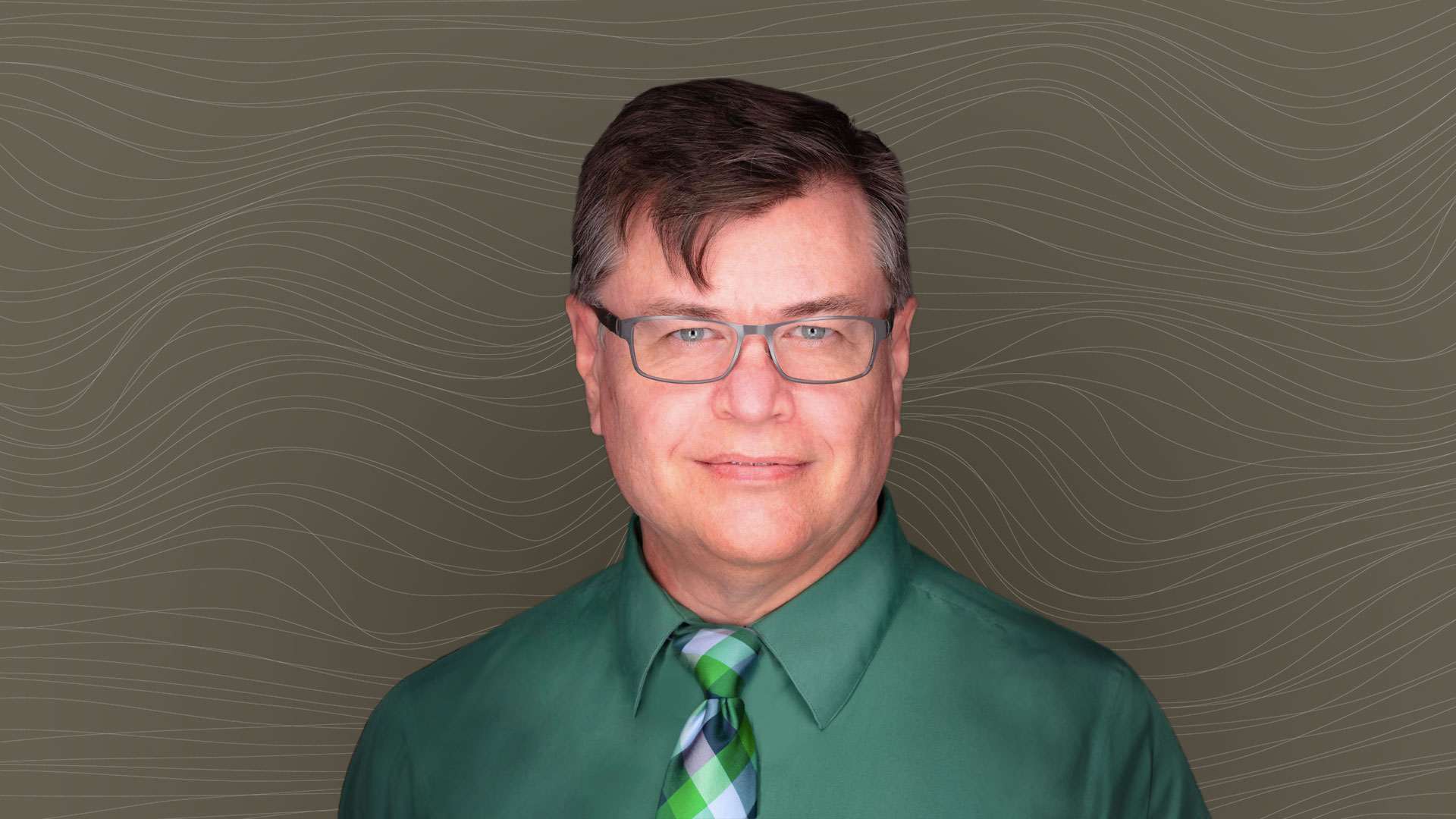New research chair uses artificial intelligence to accelerate precision health care in Alberta
FoMD News staff - 3 February 2022

Ross Mitchell, inaugural Alberta Health Services Chair in Artificial Intelligence in Health
After spending the last 10 years working at some of the most prestigious medical research institutions in the United States, Ross Mitchell has returned to Alberta as the inaugural Alberta Health Services (AHS) Chair in Artificial Intelligence (AI) in Health at the University of Alberta and a Fellow of the Alberta Machine Intelligence Institute (Amii). The endowed chair is supported through a generous gift from AHS and the University Hospital Foundation in collaboration with Amii. Mitchell is also joining the U of A as a professor in the Faculty of Medicine & Dentistry and AHS as the senior program director of artificial intelligence adoption.
“I’m excited to be back in Alberta because this province offers a unique opportunity to create innovative solutions that can be difficult to develop in other places,” said Mitchell. “Along with a wealth of highly trained people and a robust public health system, Alberta has a culture of innovation, paired with access to data and technologies, which can truly help us revolutionize the way we deliver health care. For me, Alberta is the perfect place to continue my work in providing AI-enabled tools for clinical researchers and physicians.”
Mitchell was the inaugural artificial intelligence officer at the H. Lee Moffitt Cancer Center and Research Institute in Tampa, Florida from 2019 to 2021, professor of radiology at Mayo Clinic in Arizona from 2011 to 2019 and professor of biomedical engineering, radiology and clinical neurosciences at the University of Calgary from 2000 to 2011.
“Bringing the expertise and experience of Dr. Ross Mitchell back … elevates Alberta as a centre of thought leadership in AI and machine learning around the world,” said Jodi Abbott, president and CEO of the University Hospital Foundation.
In his new role, Mitchell’s goal is to provide physicians and medical researchers with Al-powered tools that can help manage the complexity of diagnosis and treatment planning. He will also support learning and development through the U of A to train a new generation of scientists with complementary expertise in AI and health care.
“This is the right time and place to advance AI in health care,” said dean Brenda Hemmelgarn. “We are thrilled to have Dr. Mitchell join our faculty. Thanks to close collaboration with partners like AHS, the University Hospital Foundation and Amii, Alberta and the FoMD will continue to be a leader in precision health."
Mitchell seeks to use AI techniques in natural language processing to speed the discovery process for clinicians and researchers combing through text-based sources of information such as pathology reports, allowing them to focus on other aspects of patient care. He is also interested in developing a fluid, natural interface for transcribing notes and accessing information, hopefully helping physicians connect more directly with their patients.
“If you’ve been to a doctor’s visit recently, you’ve probably noticed that much of their work is behind a computer screen,” said Mitchell. “The use of computers in health care has certainly sped the delivery of service and led to improved outcomes for patients. And yet, it’s an impersonal way of interacting with patients and may have the unintended effect of a physician missing an important physical cue from their patient. AI provides us a way of assisting in health-care delivery while letting a doctor focus more of their attention on the person in the room.”
“AI has tremendous potential to change the way we think about health-care delivery,” echoed Amii CEO Cam Linke, “and Dr. Mitchell's work is at the forefront of innovation in this space.” To that end, one immediate project on Mitchell’s radar with AHS will be “to incorporate AI in a length-of-stay prediction model to help manage bed capacity,” added AHS vice-president of provincial clinical excellence Kathryn Todd.
“Physicians often receive partial, incomplete and conflicting information from a variety of sources, and it’s their role to sift through and process all that data in order to make the best decision for their patient’s care,” said Mitchell. “By developing AI-enabled tools, I’m working to help doctors make better use of data while also reducing the amount of time and effort needed to gain new insights.”